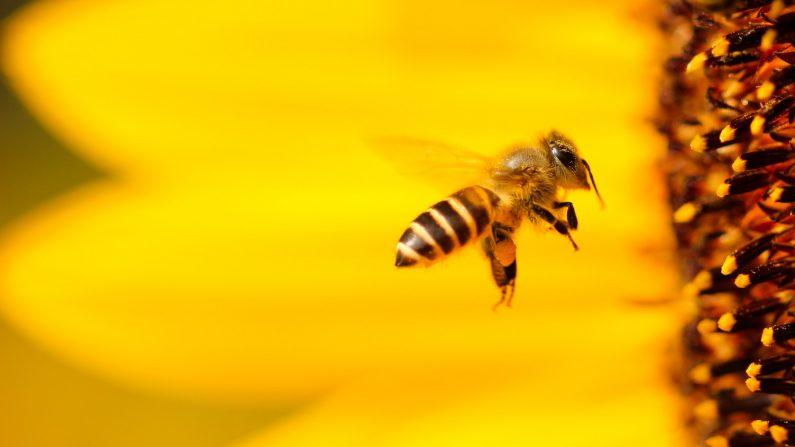An Australian supermarket chain, Coles, will stop selling a brand of honey that is partly sourced from China and Argentina, saying it wants to support Australian production in its ‘Australia first’ policy.
In a statement, Coles said it will stop selling the low-end Allowrie brand under Capilano Honey. The product contains honey sourced from China and Argentina, depending on the batch. According to Allowrie labels, the product contains 30 percent Australian honey.




